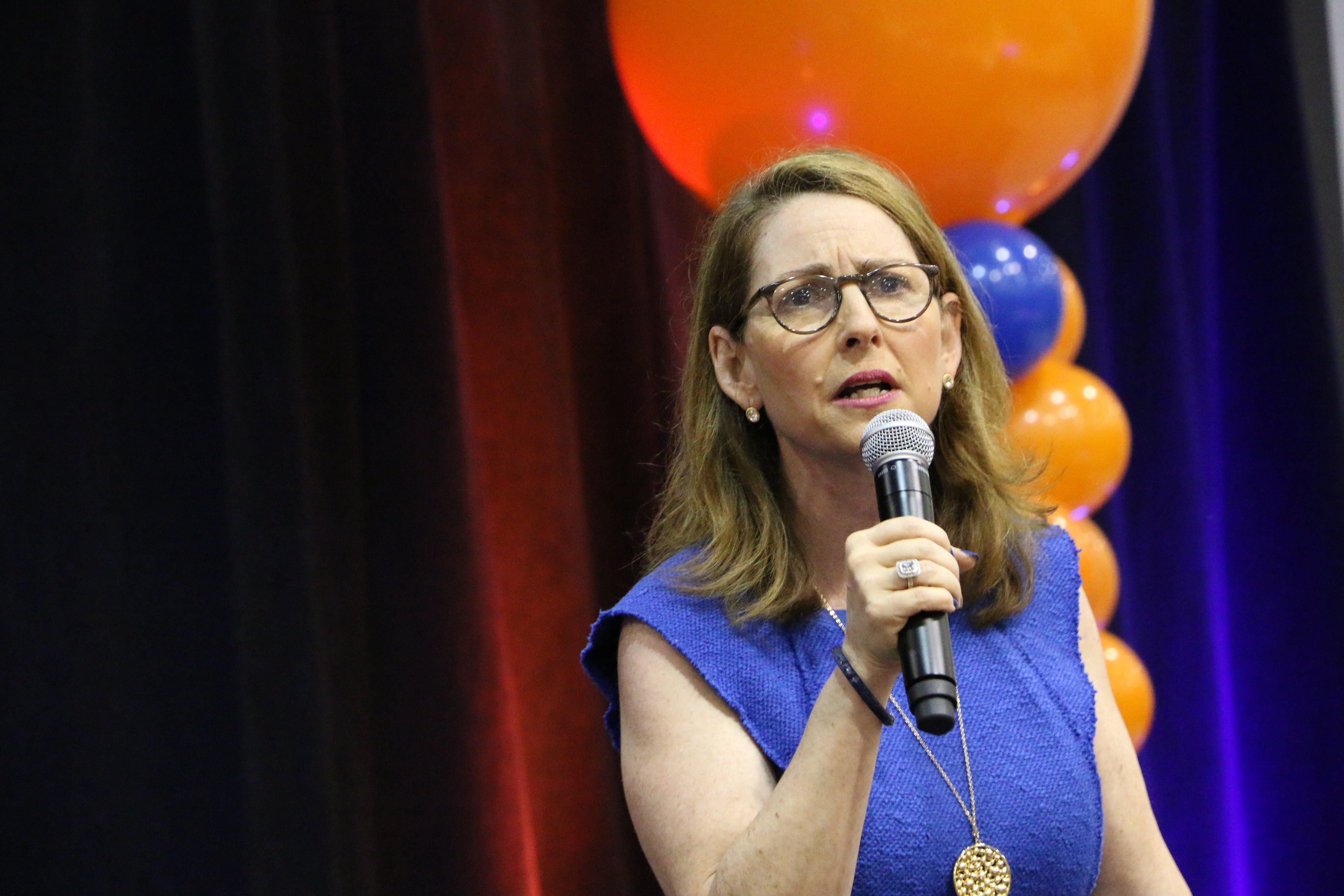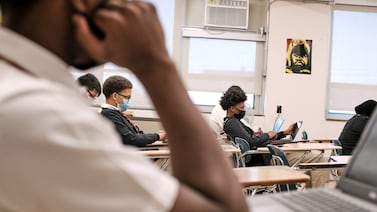New York City’s largest charter network will continue to grade students as usual even as school buildings remain closed due to the coronavirus pandemic — and its leader rebuked districts that are waiving traditional grades.
“We believe it would be an abdication of our responsibility to treat grades like candy and to have no standards for ourselves or your children,” Success Academy CEO Eva Moskowitz wrote in a letter to families on Monday. “Now is not the time to throw out standards and give up on kids.”
The network has made some tweaks to assessments and promotional criteria, Moskowitz wrote, but Success officials did not provide details.
Success’ decision to keep its grading practices in place is not surprising given the network’s “no excuses” philosophy, which holds that students’ circumstances — whether due to poverty, trauma, or other life situations — should not alter the academic outcomes expected of them.
Still, the decision to keep grading is notable, as the vast majority of Success’ 18,000 students come from low-income families and generally live in communities that have been disproportionately affected by the coronavirus and are more likely to face job losses. Some districts have tweaked grading policies to lessen the pressure on families who may struggle to supervise online learning.
“The pain and suffering brought on by coronavirus are real, and the hardships families have endured cannot be overstated,” Moskowitz wrote. “Despite this, we cannot wave a magic wand and declare all children achieved mastery.”
Success is known for demanding that parents be involved in advancing their children’s education, an expectation that may be amplified as caregivers may need to supervise at-home schoolwork during the pandemic.
The move also comes as New York City’s district schools are considering policies that would issue “satisfactory” or “needs improvement” ratings to elementary and middle school students in lieu of letter grades, and would continue normal grading for high school students but eliminate failing grades.
A final decision for district schools has not been made, but Moskowitz, a frequent critic of Mayor Bill de Blasio, directly criticized the policies under consideration. “These decisions are made in the name of equity, but the outcomes for children will be far from fair,” she wrote.
In New York City, a significant slice of middle and high schools use student grades as a factor in admissions decisions. Keeping traditional grading policies in place could put low-income students at an even greater disadvantage in the process, especially as thousands of students still lack devices to access online coursework.
Success Academy students don’t have to apply to middle and high school if they stay within the network, which does not admit new students after the fourth grade.
Each Success student is issued a laptop beginning in fourth grade, a spokeswoman previously said, but it was unclear if every Success student currently has a device. Younger students were sent home with books when school buildings closed.
Success has made other changes in response to the coronavirus, including laying off a slice of its workforce — the first known local charter network to take such action. Laid-off employees were not offered severance, a move that angered some.
Representatives of other large charter networks, including KIPP, Uncommon, and Achievement First, did not say if their grading policies have changed.
Are you a member of the Success Academy community? Let us know what you think of the grading policy by emailing us at ny.tips@chalkbeat.org.








